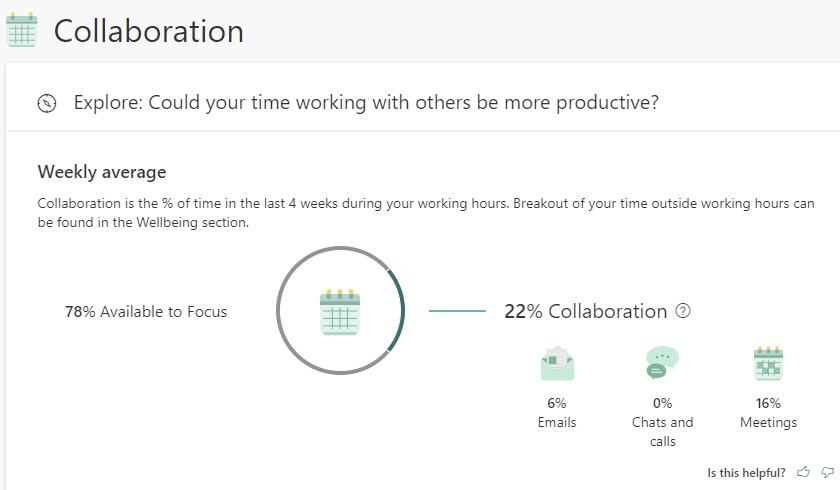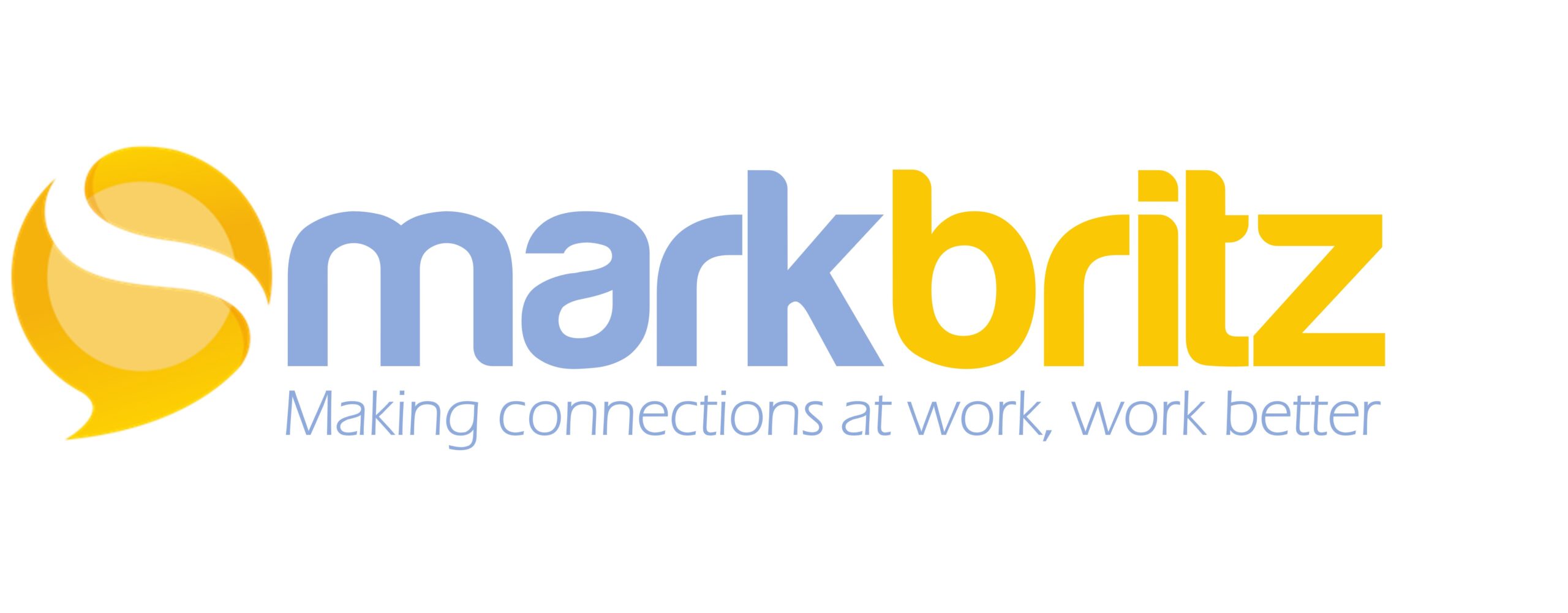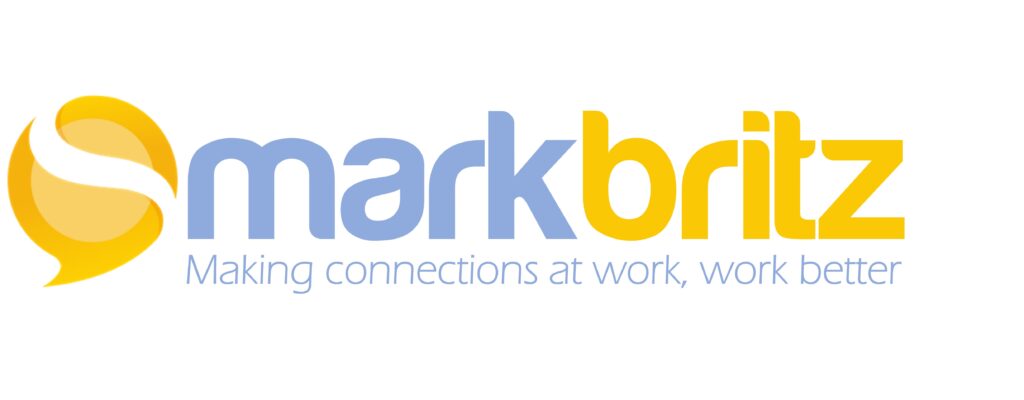Words are powerful and problematic. They can inform and educate but can also misinform (as we’ve all seen in recent years!). Misinformation aside, words paint a picture in our minds based on our preconceived ideas. Simply, they give a connotation.
Today, I find words like community, trust, and collaboration as most problematic in my space. Each one provides a connotation of warmth, sincerity, and the highest or best of human interaction. But are they?
First, Community. This one often presents an image that envelopes the other two with a key component of community being interdependence. But today, it can be used to refer to a vacuum cleaner company’s online Q&A forum, where customers complain, ask questions, give answers or recommendations. People come and go, never to return once satisfied or not. Nobody looks for them or asks about them. Hardly interdependent or warm, eh?
Next Trust. We hear it all the time. “Leaders need to build trust…”, “a culture of trust”, “building trust”, etc. Trust here feels like a warm embrace. But for many, let’s say workers, who just care about a regular paycheck or executive shareholders who look to maximize their stock option values, trust in say leadership isn’t about being open, but rather it’s that leadership will do whatever it takes to keep the company afloat or growing profits… even if unethical or cutthroat. Hardly a hug, eh?
And finally, Collaboration. The golden calf in organizations! So of course any online interaction today is deemed collaboration. Heck, even social technology appears to be synonymous with it, being called by many vendors “Collaborative Tech”.

The image above is from “MyAnalytics” in Microsoft 365. Note that collaboration is the keyword here but is measured in emails, meetings, and chat/calls. Was I collaborating in all those? Or even any of them?? As I looked across a sample of each, I can honestly say that my meetings were information sharing, my emails were answering questions or responding to a concern, and chats and calls were basically the same actions but through a different device. Was I, as the Cambridge Dictionary defines collaboration…
“[in] the situation of two or more people working together to create or achieve the same thing. Such as ‘The two playwrights worked in close collaboration (with each other) on the script.’ or ‘The new airport is a collaboration between two of the best architects in the country.” ??
Nope, not even close. Plus how many of my encounters weren’t even scheduled, and how many started as one type and shifted to another? Pffft. Such nonsense.
We aren’t just inundated with the incorrect usage of the word, we do it ourselves. Haven’t you ever shared something like, “I worked with Jolene at Pearson Digital“, when what you really mean is that “I worked at Pearson Digital with Jolene.” The former means more of a collaborative relationship, collegial, partnering, etc., whereas the latter, probably more accurately, you worked at the same company and knew each other there.
So what? It’s just words, right?
No. Sorry. Harold Jarche succinctly stated that “Collaboration is working together for a common objective“. This can be solving a problem, building something new or different and it is very, very different than cooperating which he goes on to state is “sharing freely without any expectation of reciprocation or reward.” When we stop and consider how much of our interactions at work are really cooperative rather than collaborative, we might want to better call it what it is. And when someone talks of a trusting relationship or being part of a community, scratch that surface a bit… all that glitters isn’t gold.

